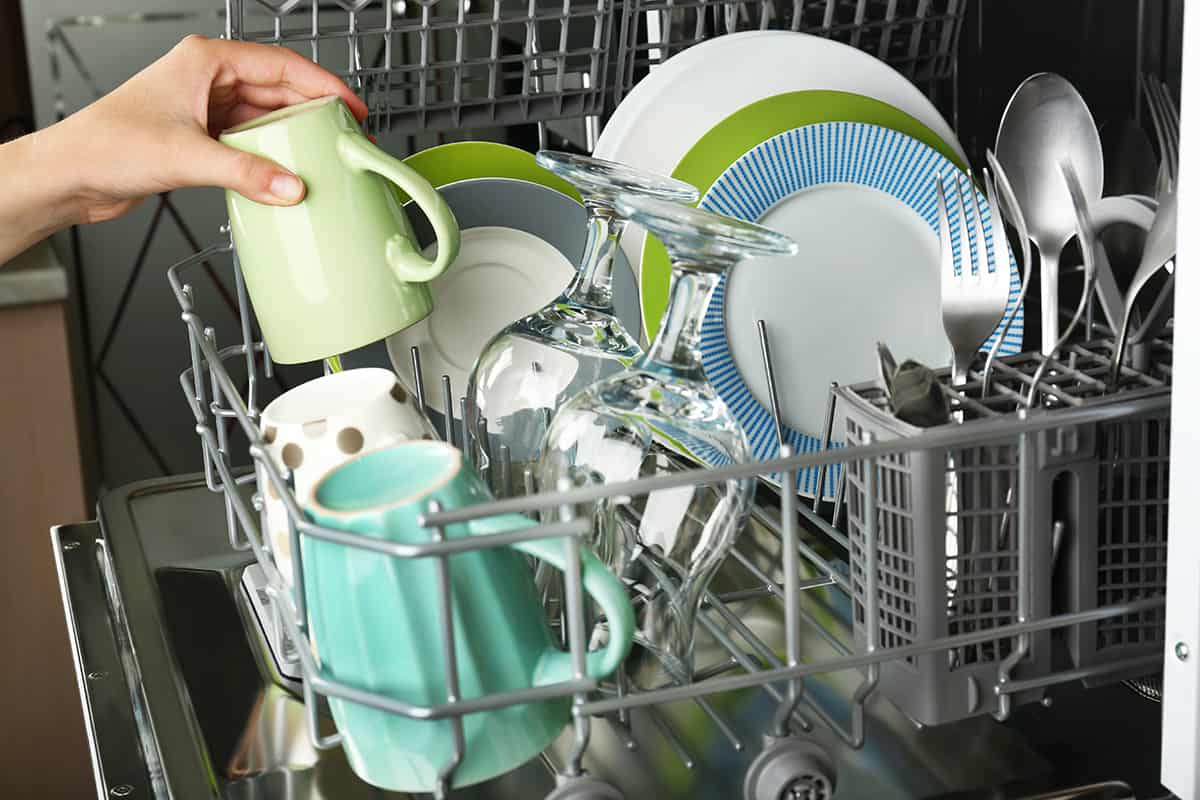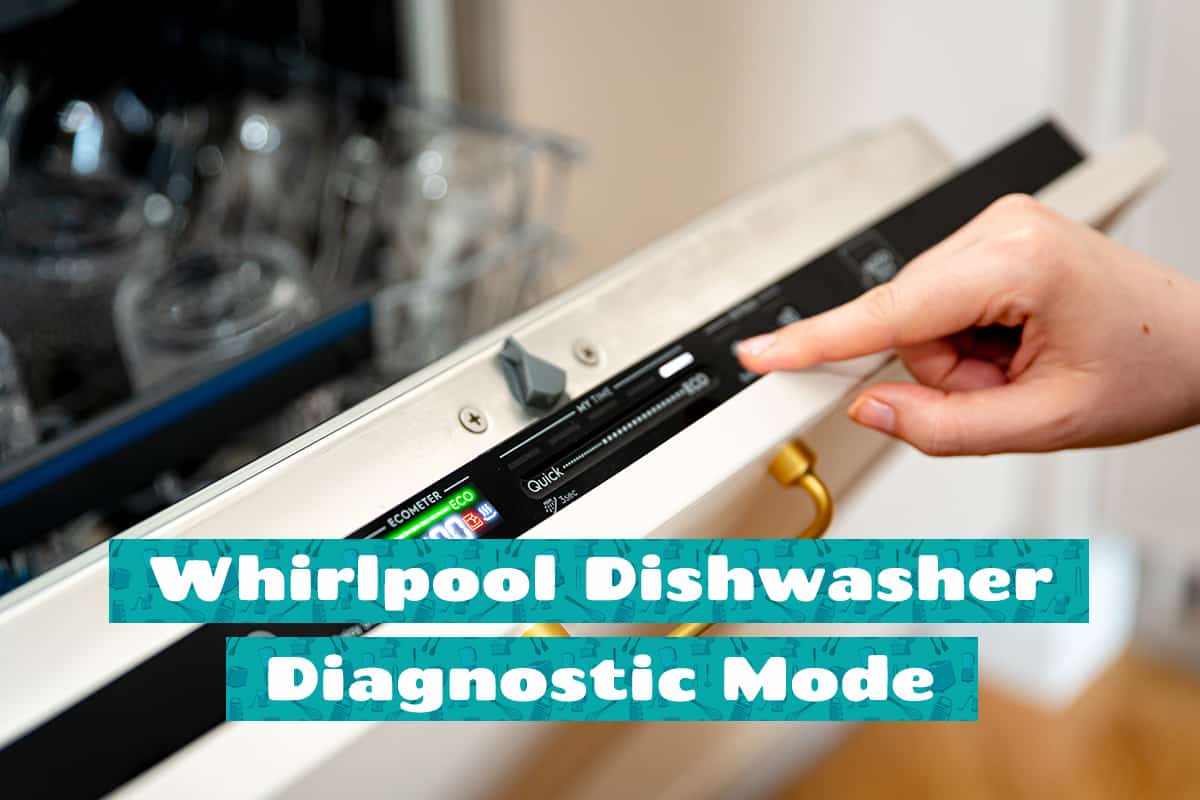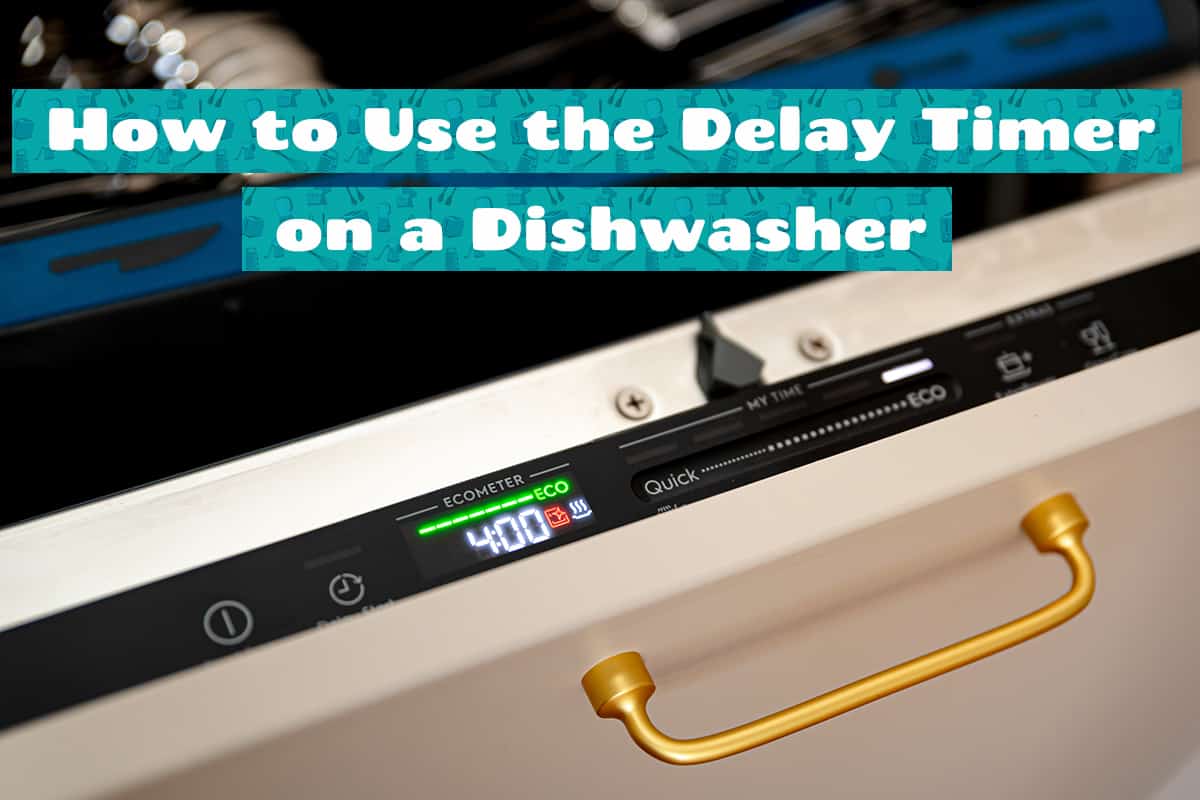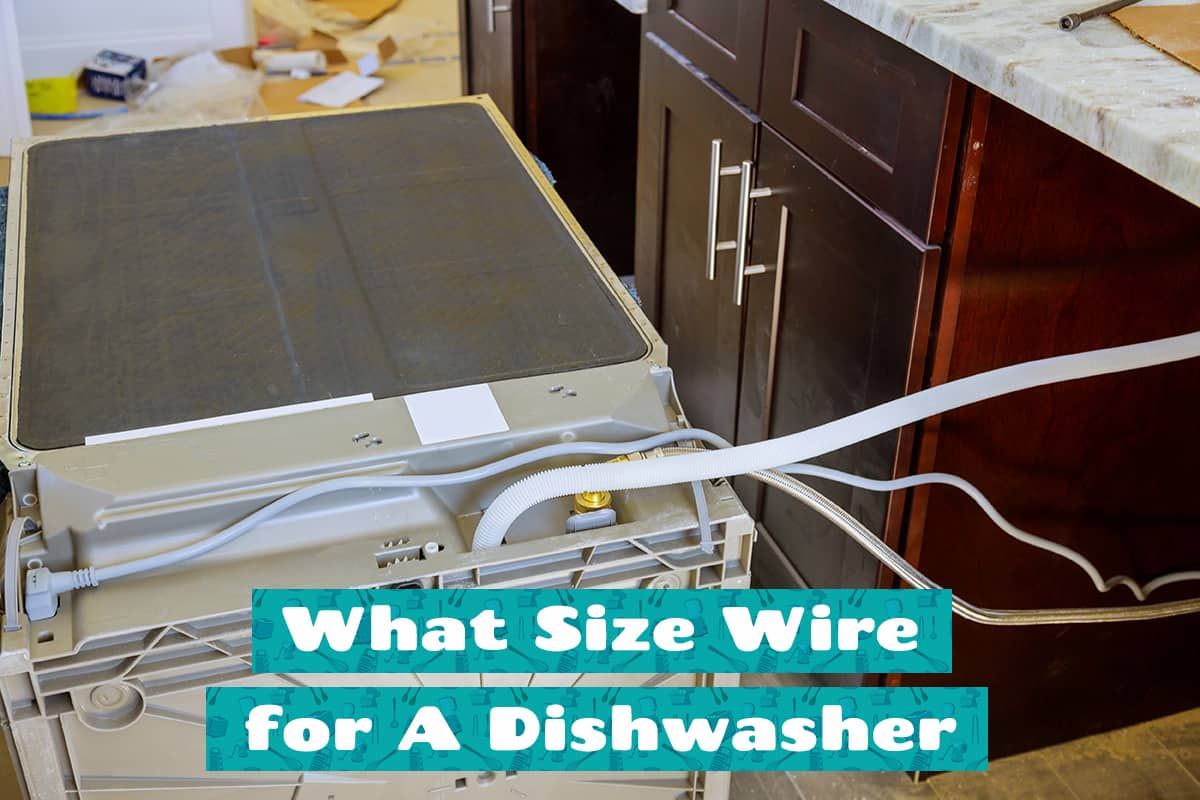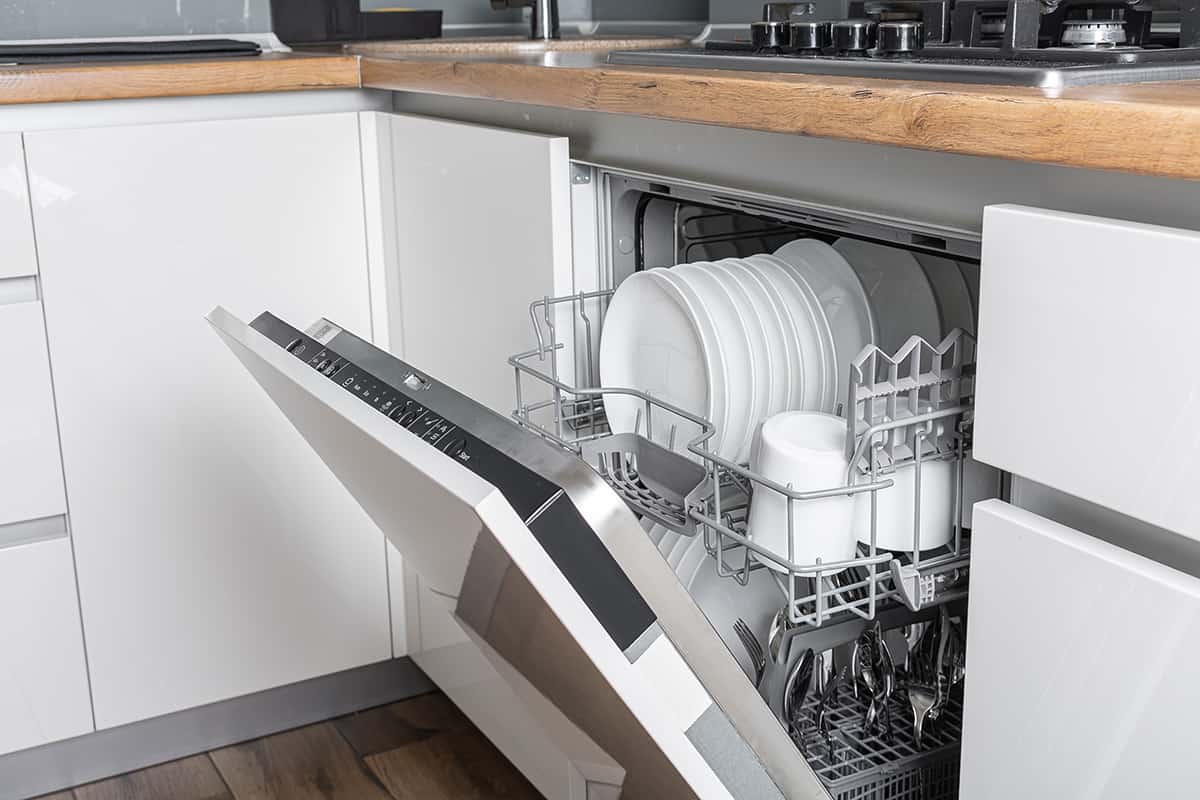There are plenty of factors to consider when purchasing a dishwasher. For instance, what sort of features does it come with and how many wash cycles does it have to offer? Another thing worth considering is how many years of work you can hope to get out of your dishwasher. So, how long should you expect a Bosch dishwasher to last?
On average, you can hope to get at least 10 years of work out of your Bosch dishwasher, provided you keep up with its maintenance. A fully well-cared Bosch dishwasher can last up to 12 years.
In order to get the most out of your investment, you should learn the ins and outs of dishwasher maintenance. In this guide, I’ll explain how you to care for your Bosch dishwasher properly and maximize its life expectancy.
How Long Should a Bosch Dishwasher Last?
Bosch is a unique brand in the dishwasher sphere. Not only are they much quieter than the average dishwasher, but they come with NSF-certified wash cycles that can eliminate up to 99.09% of surface bacteria on dishware. And let’s not forget the brand’s top-of-the-line load sensors that guide users on the proper distribution for the best dishwashing results!
But that’s not all that makes Bosch dishwashers among the best on the market. When it comes to life expectancy, it’s not unrealistic to hope for a few additional years of top-notch washing compared to its competitors.
The average lifespan of a typical dishwasher is set at 10 years, whereas Bosch dishwashers have a minimum life expectancy of that long! When it comes to how many years it will take before the dishwasher breaks down, Bosch dishwashers typically last 12 years with proper maintenance. Only high-end brands, such as Miele, have the slightest hope of outlasting Bosch.
Of course, the life expectancy of your Bosch dishwasher will depend on several factors, which we’ll dive into next.
What Factors Affect Dishwasher Life Expectancy?
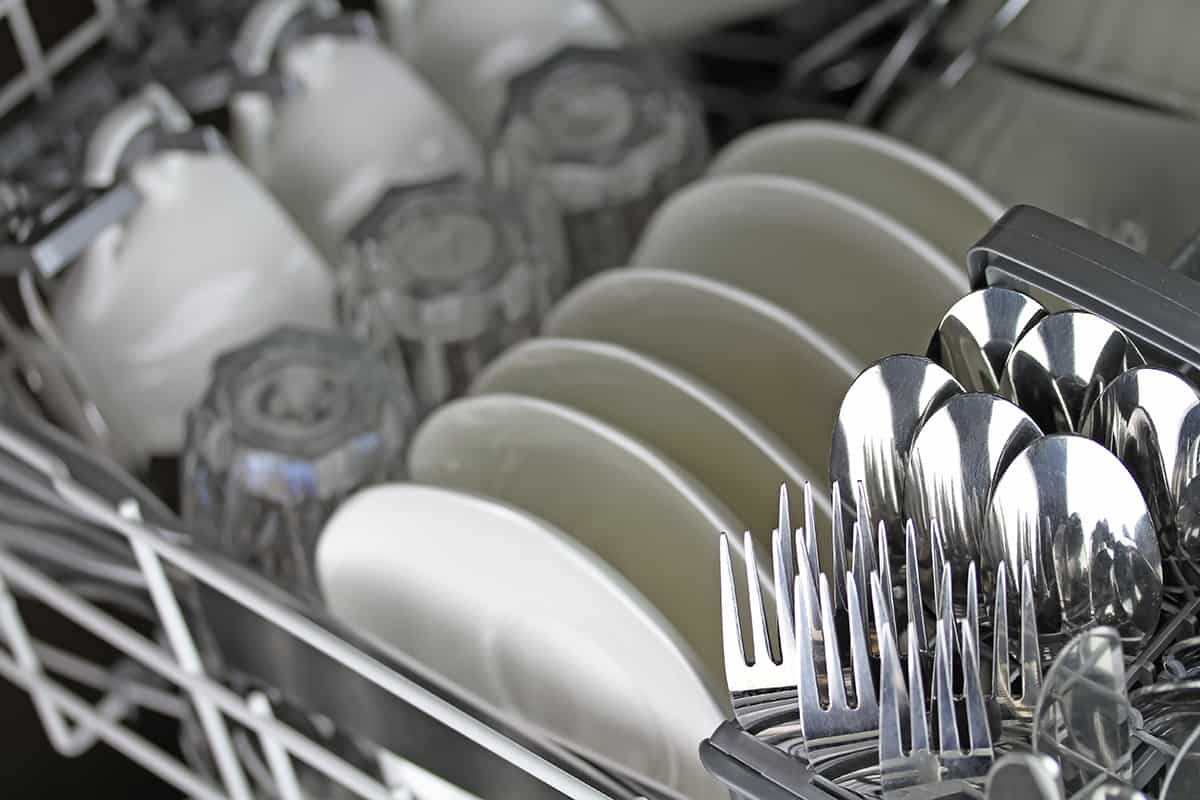
The figures expressed above are only rough averages, so you should take them with a huge grain of salt. In the end, even a high-end dishwasher that’s designed to last a quarter of a century can rapidly fall apart in the wrong hands.
Let’s take a look at the main factors that will affect how long your Bosch dishwasher will last in your home.
Usage Frequency
No matter how large, how expensive, or how long-lasting your dishwasher is supposed to be, how often you use it is the determining factor for how long it will last.
The figures of 8, 10, 12, and 15 years mentioned above are estimates based on the average wash-cycle frequency of 5 times per week. So, if you turn on your Bosch dishwasher for half-loads, that will still count as 1 cycle, which will ultimately increase wear and tear on the unit.
Workload per Cycle
It’s not just the number of times you run the dishwasher that can reduce its life expectancy over time, but it’s also the amount of work it handles per cycle. A full load will cause significantly more wear and tear to the Bosch dishwasher than a half-load or even a rinse-only cycle. This is because there are more moving parts in action during the longer, heavier-duty loads.
Maintenance
A clean, well-cared-for dishwasher will be more compliant with your dishwashing needs as opposed to one that hasn’t been thoroughly inspected and cleaned periodically. Neglecting the issues your Bosch dishwasher exhibits, no matter how minor, is a surefire way to reduce its cleaning effectiveness and lifespan over the long run.
Brand Quality
The final factor that will affect how long your dishwasher will last is brand quality. Lesser-known brands may source parts from questionable sources, which is a clear-cut sign that the dishwasher wasn’t meant for very long in this world.
Bosch falls somewhere in the mid- to high-end end of the brand quality spectrum, so, as many customers would say, you get what you pay for.
How to Care for a Bosch Dishwasher?
Caring for a Bosch dishwasher, or any dishwasher for that matter, can be a challenge. Because so many of the dishwasher’s parts are exposed to water and food remnants, one of the first things you have to do is check for cleanliness.
Below, I’ll describe the various steps you should take when inspecting your Bosch dishwasher.
Filter
The filter is the part of a dishwasher that is designed to trap solid food remnants. It’s also one of the quickest-deteriorating parts of a dishwasher since it is constantly exposed to moisture, old food, and bacteria.
You should inspect the filter at least once every week to ensure that it isn’t clogged. If it is, it could lead to standing water in your dishwasher, which could lead to calcium buildup in various parts of the appliance.
Drain Line
The drain line is the line that connects the dishwasher to the garbage disposal. Anything that makes its way past the filter will eventually pass through this line; that includes any solid bits that have somehow managed to squeeze themselves past the mesh filter.
When this happens, it won’t just lead to draining failure, but it can also lead to bacteria growth, which will make cleaning your dishwasher even more difficult. Inspect the drain line every month or so and remove any blockages.
Washing Load
How you arrange the dishes inside the dishwasher will affect how much frequently you need to run the dishwasher and, thus, how long the unit will last.
If you look at the instruction manual included in every Bosch dishwasher, you’ll see to properly load your dishes and cutlery, whether you’re working with a full-load or half-load.
When Should I Replace My Bosch Dishwasher?
There are a few telltale signs that will tell you that the Bosch dishwasher has come to the end of the road, namely:
Motor failure—the dishwasher is unable to complete a wash cycle without shutting off randomly
Rust—if rust appears anywhere in the dishwasher, it will only continue to grow without proper treatment.
No heat—the most effective way to eliminate germs and bacteria is with heat, so if the internal boiler is broken, you will either need to replace it or the dishwasher.
Door won’t shut—this could be indicative of a faulty door latch, but over time, the door may warp due to heat and movement, making it impossible to shut and start the motor.
You may also like these.
